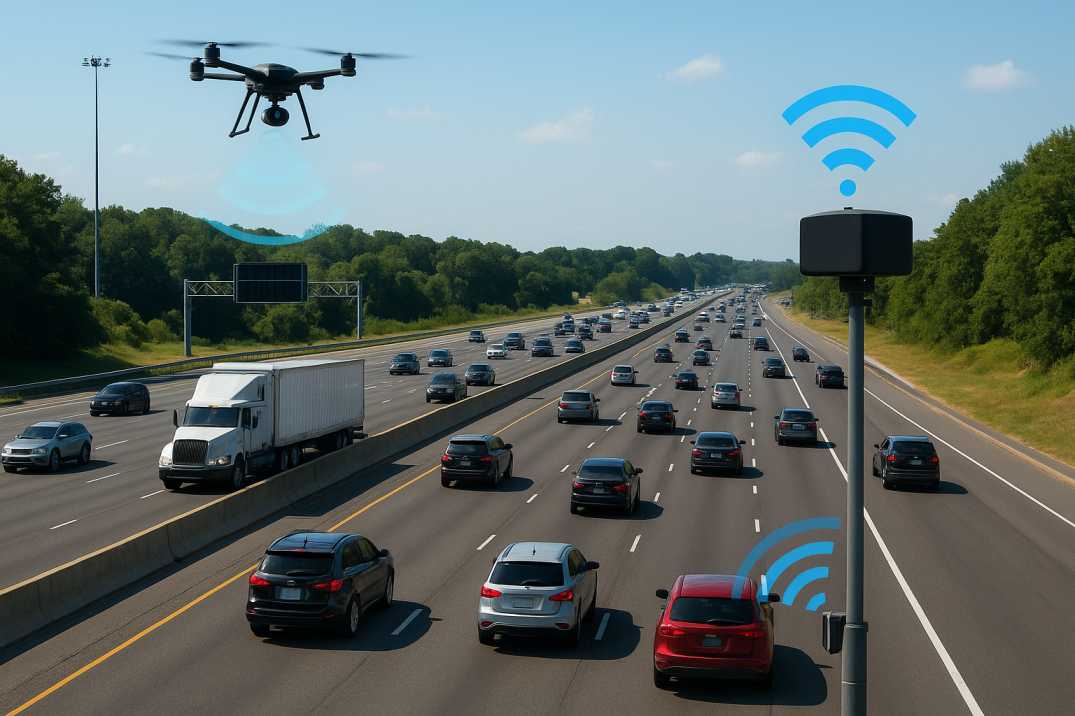With increasing urbanization and vehicle numbers, road asset management Georgia faces significant challenges in managing traffic congestion efficiently. Traditional traffic management methods often struggle to keep up with real-time dynamics. Advanced technologies such as AI-based traffic management, and automated traffic analysis are transforming the way Georgia plans, monitors, and mitigates congestion.
By leveraging predictive traffic modeling, authorities can identify bottlenecks, optimize signal timings, and ensure smoother traffic flow.

Traffic congestion in Georgia is caused by:
Addressing these challenges requires real-time, data-driven insights that traditional surveys alone cannot provide.
AI-based traffic management integrates data from multiple sources to provide actionable insights. Key solutions include:
RoadVision AI has implemented AI-driven traffic solutions in several urban areas, enabling:
These solutions are documented in our case studies and discussed in detail on our blog.
AI technologies like AI-based traffic management, automated traffic analysis, and AI-based traffic monitoring system empower Georgia to proactively tackle congestion, enhance road safety, and optimize infrastructure investments. Integrating these solutions with road asset management Georgia ensures a smarter, safer, and more efficient transportation network.
With the integration of cutting-edge AI in road infrastructure, RoadVision AI is leading the future of smart transportation networks. Its intelligent system detects pavement defects such as cracks and potholes before they become major hazards, ensuring efficient and cost-effective maintenance. By fully complying with both IRC Codes and Georgia’s national road standards, RoadVision AI guarantees projects that are not only technologically advanced but also safe, sustainable, and regulation-ready. This empowers stakeholders to make smarter investments in building the roads of tomorrow.
Book a demo with us to explore how AI can transform traffic management in Georgia.
Q1. How does AI help reduce traffic congestion in Georgia?
AI analyzes real-time traffic data, predicts bottlenecks, optimizes signal timings, and enables proactive congestion management.
Q2. What is the role of automated traffic analysis?
Automated traffic analysis detects unusual patterns, accidents, and lane blockages to alert authorities instantly and improve traffic flow.
Q3. Are AI traffic solutions compliant with Georgia regulations?
Yes, AI-based traffic management systems follow Georgia’s transportation rules and integrate with road asset management practices.